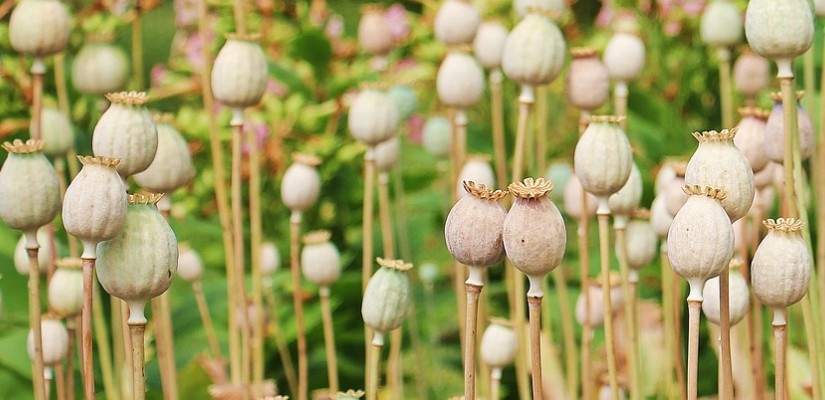Sri Lanka’s president may have found a model in Duterte’s policy, but his approach differs somewhat. Compared to the Philippines, Sri Lanka focuses on enforcing existing laws on capital punishment for drug offenses. While drug trafficking can be legally punished with a death sentence, no prison in Sri Lanka has employed this method since 1976. Following the announcement of the new drug policy agenda, the government has published job postings for two executioner vacancies in February 2019. The government in Colombo started interviewing candidates in early April 2019. Despite the fact that the punishment is legal, judgements may still be biased and human rights still be abused.
Such an anti-drug policy risks dealing with drug problems on a superficial level while leaving underlying issues intact. This approach can threaten robust rule of law and stable judicial institutions. Sirisena has not gone as far as Duterte in his drug policy yet, but the adoption of a more aggressive approach cannot be ruled out completely. In the event that the war on drugs in Sri Lanka spins out of control, the International Criminal Court (ICC) cannot prosecute responsible authorities since the country has not acceded to the Rome Statute and is therefore not subject to the jurisdiction of the ICC. Domestic courts and the executive branch would have to determine the lawfulness of future actions instead.
The Philippines’ President Duterte enjoys wide-spread popularity among the public, whereas Sirisena must still find similarly strong backing from the Sri Lankan people. Duterte can thus take liberties with his war on drugs that Sirisena as of yet cannot. Therefore, future political and judicial developments need to be closely monitored. A long-term solution to the drug issue would include the establishment of a supportive public healthcare system, improved social security, a rights-based governance, and impartial legal judgement that is not based on a political agenda. Despite the fact that this is no easy or quick solution, it is more likely to produce sustainable results.

Sri Lanka’s President Maithripala Sirisena alarmed Western media when he expressed admiration for Philippine President Rodrigo Duterte’s shoot-to-kill drug policy. At a state banquet in Manila on January 16, 2019, President Sirisena praised Duterte’s war on drugs as an “example to the whole world” and highlighted his intent to emulate Duterte’s policy. Out of concern that Sri Lanka is becoming a transit hub for drug traffic in Asia, Sirisena announced that the government has started initiatives to re-activate the death penalty for narcotics-related offences to combat growing drug trade and consumption.
The extent of Duterte’s war on drugs is far-reaching. The policy of the Philippine president has claimed the lives of more than 17,000 people. Furthermore, authorities not only in Sri Lanka but also in Bangladesh and Indonesia have taken action against drug-related crime. Roughly 300 people are estimated to be the victims of narcotics-related authorized killings in Bangladesh.
The Easter terror attacks in Sri Lanka on April 21, 2019 cemented President Sirisena’s certainty on the matter. By arguing that the suspected terrorist group could be involved in the drug trade, Sirisena connected the war on drugs and the war on terror. This association is presumably based on the fact that the Tamil Tigers, a militant ethno-nationalist group that fought a long civil war in Sri Lanka from the 1980s to 2009, funded their activities by selling drugs.
